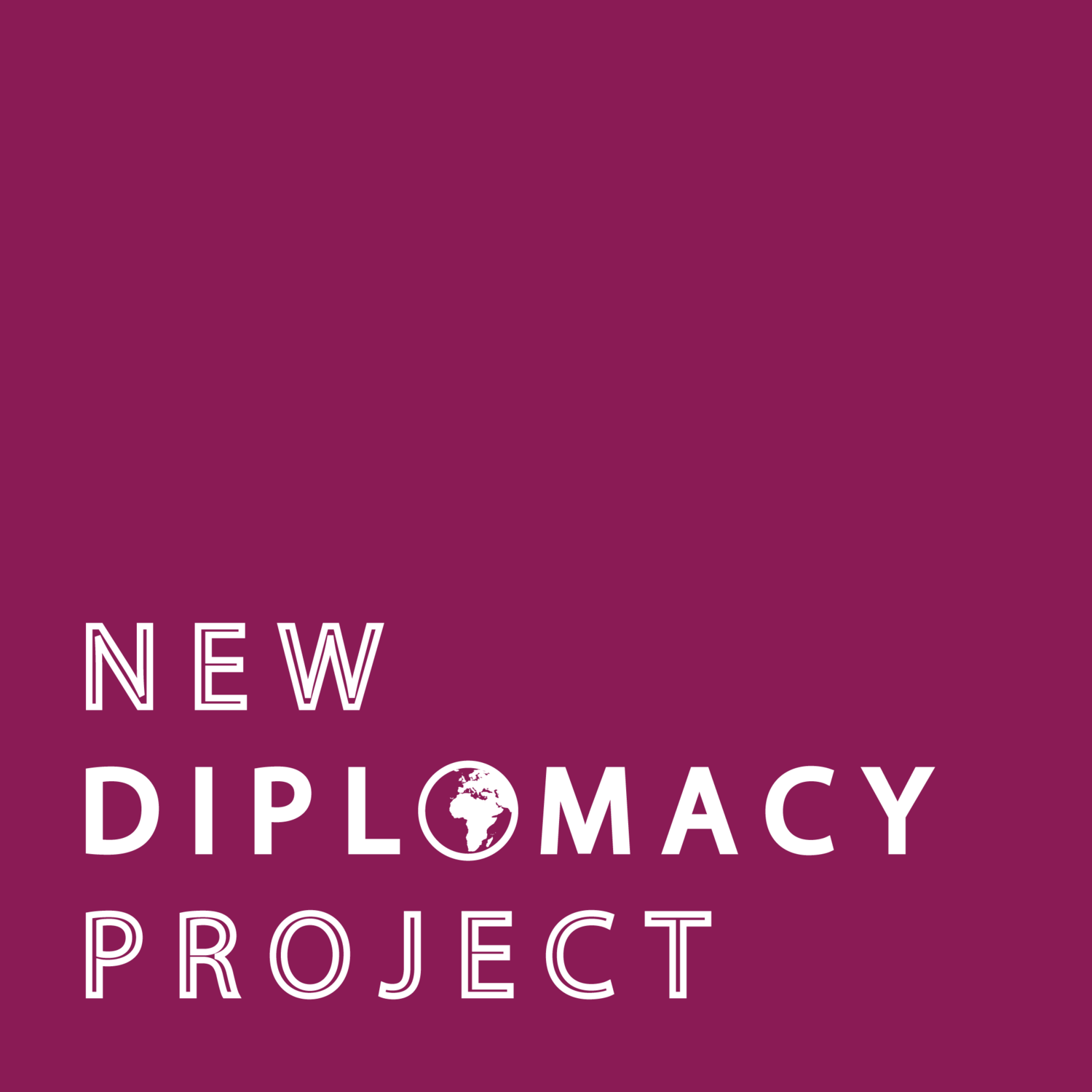UK sports diplomacy in 2022: events and boycotts
Top lines
The Beijing 2022 Winter Olympics are putting a global spotlight on China. The UK has the opportunity, through its diplomatic boycott of the Games, to use that spotlight to draw attention to human rights abuses, including against Uyghur Muslims.
Labour should point out that, although the UK’s diplomatic boycott is a positive move, its implementation reflects the fact the Government lacks a coherent and government-wide strategy towards China. Notable examples include its reluctance to actually call it a boycott and the resumption of bilateral trade and investment talks during the Winter Games.
Labour should use the headlines created by the Winter Games and the boycott to continue to challenge other areas of Government policy towards China, particularly in relation to human rights violations.
Labour should also use the occasion of this sporting mega-event, and the UK’s current political boycott, to challenge the Government on its stand on the Qatar 2022 FIFA World Cup being held in November.
Labour should call for a diplomatic boycott for the Qatar World Cup and look to provide a definition/framework for future diplomatic boycotts.
Labour should also focus on ensuring a more transparent and robust process is in place for awarding these sporting tournaments to countries in the first place.
Photo: Beijing, rehearsing for the opening ceremony of the 2022 Winter Olympics, 30 January 2022. Thomas Yung via Flickr.
